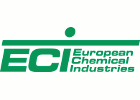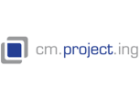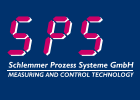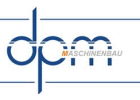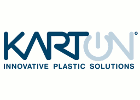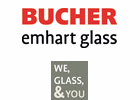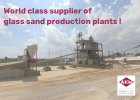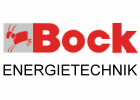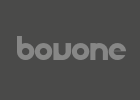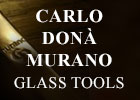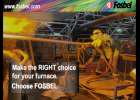INFO
This is the basic company information. The company provides additional detailed information, such as website, fax and telephone numbers, contact persons, history and company data.
To get access to this information or for printout of the company profile, you need to have a valid "Profile Access" to glassglobal.com. Information for booking are available at Price Info .
Contact Info
| Address | FuYao Group Changchun Ltd. Factory No. 57 Pudong Road Economic Development Area Changchun |
| Country | China (People´s Republic) |
| Get in contact with FuYao Group Changchun Ltd. |
Products or Machinery
Automotive Safety Glass
Laminated Glass: Laminated glass is manufactured by permanently bonding two or more layers of clear or tinted glass with one or more interlayers of tough, polyvinyl butyral (PVB) resin sheeting in an air autoclave under heat and pressure to create a single, solid construction. Laminated glass is stronger and can withstand more impact. When laminated glass is broken, the fragments will keep sticking on the interlayer and won´t scatter.
Tempered Glass: Tempered glass is made by heating flat glass to approach its softening temperature and suddenly chilling with jets of cold air, which distributes compression stress on the glass surfaces while tensile stress in the center. The counteraction of compression stress and tensile stress provides tempered glass times strength than normal glass. When broken, tempered glass forms oblique bean size granules to reduce damage to human bodies. Tempered glass also withstands quick temperature changes.
Insulated Glass: Insulated glass consists of two panes of glass separated by a space. The perimeter of the glass is sealed, allowing no movement of outside air into the space. The space itself can be filled with dehydrated air, or with a special gas.
Encapsulated Glass: Glass encapsulation is a process that obtains a plastic frame around the glass by injecting a polymer or plastic material on its rim inside a mould. Reaction Injection Molding (RIM) is a process for rapid production of complex plastic parts through mixing and chemical reaction of two or more chemical component. These components, typically isocyanate and polyol, are metered, mixed and injected into a mold or cavity where the chemical reaction directly takes place forming a solid or foamed part. Encapsulation using polyurethane material can accomplish a superior gasket-to-glass seal.
Bullet-Resistant Glass: Bullet-resistant glass is designed to resist penetration from a variety of small arms fire as well as impact induced spall. Spall is the glass fragments released from the protected side of the laminate due to the energy generated from the impact.
Water-Repellent Treatment: Water repellent treatment can be applied to automotive windshields, side windows, back windows, and side view mirrors. The product can provide glass with water repellent properties. During rain, the droplets of water bead up and run off the glass, which helps improve driving visibility and reduce traffic accidents. This product lasts for up to six months in the windshield wiper area, under normal driving conditions. This product is not designed to replace windshield wipers, it should be used in conjunction with windshield wipers to maximize driving visibility.
Antenna Glass: The glass soldered with a special conductor takes a hiding antenna function same as normal antenna. This kind of glass is also called hiding antenna glass.
HUD Windshield : HUD is short form for head-up display; the technology is initially applied to military usage especially in fighter planes, it is introduced to auto industry early in 1988.
Acoustic Glass: Normal auto glass only prevents a part of the noise arising from the engine, wheels, wind and car vibrations. The acoustic glass, also called noise insulation glass brings passengers a more serene and comfortable driving space.
Solar Control Glass: Summarily, the bigger glass improves solar transmission to increases inner car temperature. Heat absorptive glass provides solar control function as most solar energy is absorbed by the glass or film.
Heating Glass: The glass is heated to defrost and maintain quite a visibility when tungsten filaments inlayed in inner film are electrified. The fila
